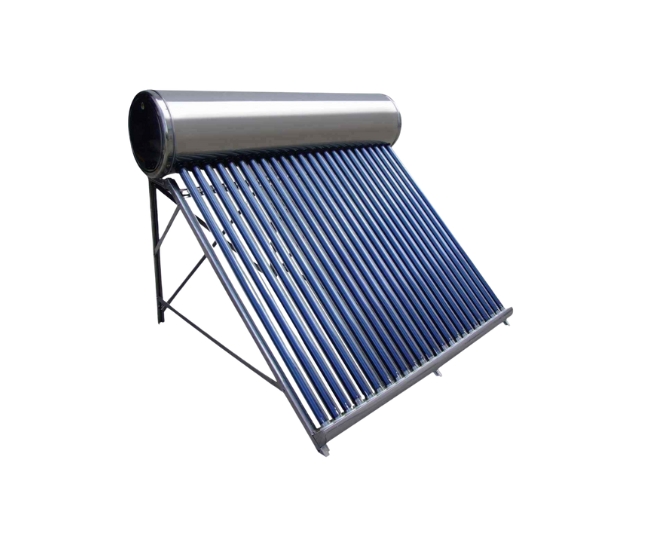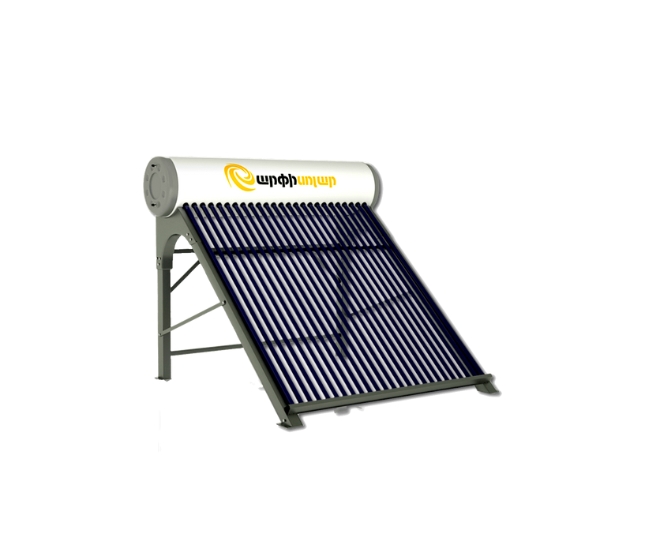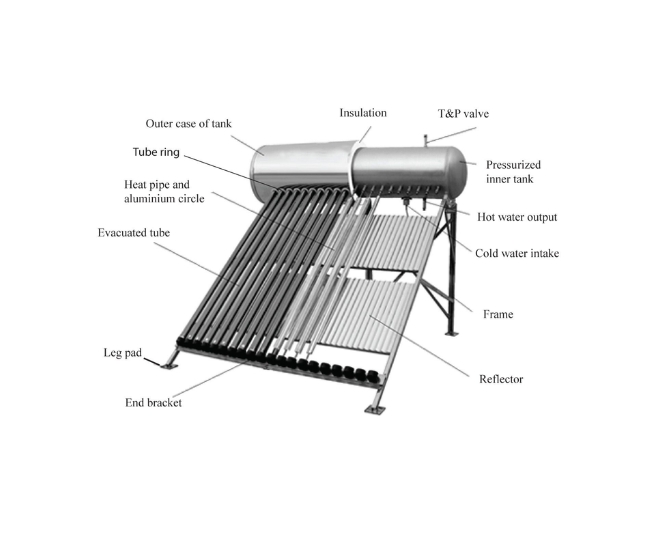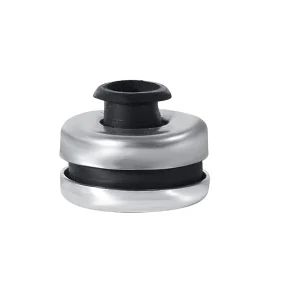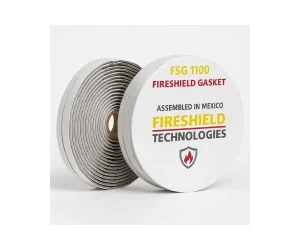- What is solar water heater?
What is a solar water heater?
A solar water heater is a system that uses energy from the sun to heat water for use in homes or businesses. It typically consists of solar collectors (mounted on the roof), a storage tank, and sometimes a backup heating source. These systems are especially effective in areas with strong sunlight and can significantly reduce energy bills.
- Are solar water heaters worth it?
Are solar water heaters worth it?
Yes, solar water heaters are often worth the investment, especially in sunny regions. Although the upfront cost can be higher than conventional water heaters, the long-term savings on energy bills and low maintenance costs make them a smart, eco-friendly choice. Additionally, many governments offer tax credits or incentives to help offset the initial cost.
- Does solar water heater need electricity?
Does a solar water heater need electricity?
Some solar water heaters, particularly active systems, use a small amount of electricity to power circulation pumps or control systems. However, passive systems do not require electricity and rely on gravity and natural convection to move water. Even with active systems, electricity use is minimal compared to traditional water heaters.
- Can solar water heater controlled remotely?
Can a solar water heater be controlled remotely?
Yes, some modern solar water heating systems come with smart features that allow remote monitoring and control through a mobile app or home automation system. These advanced systems let you check water temperature, energy usage, and system performance in real time, giving you more control and convenience.
WORLDWIDE SHIPPING via DHL | Free Shipping above 200aed in UAE | Free Samples | Exceptional offerings since 2010 PROJECTS CERTIFICATE & ACHIVEMENTS IMPORT & EXPORT

